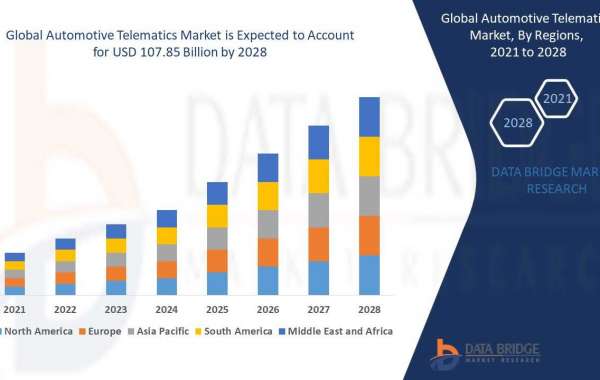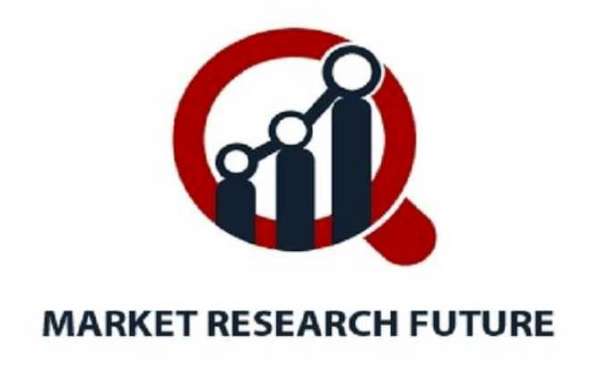The pharmaceutical industry is undergoing a profound digital transformation. From drug discovery to patient care, digital technologies are reshaping how pharmaceutical companies operate, interact with stakeholders, and bring innovative products to market. As the world becomes increasingly
1. The Need for Digital Transformation in Pharma
The pharmaceutical sector is traditionally known for its conservative approach to technology adoption, often due to complex regulations, the critical nature of its products, and the high risks involved. However, the pressure to innovate, reduce costs, and improve efficiency is pushing companies to embrace digital tools and strategies. Here are some of the key reasons behind this shift:
- Rising Patient Expectations: With the rise of digital health tools, patients expect greater access to healthcare services, better patient outcomes, and personalized care.
- Cost Pressures: Pharmaceutical companies are under constant pressure to reduce costs, optimize RD spending, and increase operational efficiency.
- Regulatory Changes: The regulatory landscape is becoming more complex, and digital tools can help ensure compliance while speeding up approvals.
- Increasing Competition: Digital transformation helps companies stay competitive by enabling faster product development, improving customer engagement, and optimizing supply chains.
- Data Explosion: The massive increase in healthcare datafrom clinical trials, patient records, research studies, and real-time health datarequires advanced analytics and digital systems to derive meaningful insights.
2. Key Technologies Driving Digital Transformation in Pharma
Several technologies are at the forefront of this digital revolution in the pharmaceutical industry. By leveraging these innovations, pharma companies are enhancing their ability to innovate, streamline operations, and improve patient outcomes.
A. Artificial Intelligence and Machine Learning
AI and machine learning (ML) are revolutionizing pharma in multiple ways, from drug discovery to patient management.
Drug Discovery and Development: AI and ML are being used to identify potential drug candidates by analyzing vast datasets of molecular structures, genetic information, and clinical trial data. This reduces the time and cost of bringing new drugs to market. AI-driven predictive models also help identify potential side effects or interactions earlier in the development process.
Personalized Medicine: AI helps to tailor treatments to individual patients based on their genetic makeup, lifestyle, and response to previous therapies. This is transforming the way pharmaceutical companies develop and administer medications.
Clinical Trials: AI enhances the design, execution, and analysis of clinical trials. Machine learning algorithms can identify the best patient cohorts, predict outcomes, and monitor trial progress in real-time.
B. Data Analytics and Big Data
Pharmaceutical companies have access to vast amounts of data, including clinical trial results, patient records, and research publications. Big data analytics enables pharma companies to make more informed decisions, predict trends, and uncover insights that were previously unavailable.
Predictive Analytics: Using data from diverse sources (e.g., genomics, electronic health records, wearables), pharmaceutical companies can predict how patients might respond to treatments, which helps in making decisions about drug development and marketing.
Market Insights: Real-time data analytics help pharma companies better understand market trends, patient preferences, and healthcare provider behaviors, leading to improved marketing strategies and product positioning.
C. Cloud Computing
Cloud technologies allow pharmaceutical companies to store, manage, and process vast amounts of data more efficiently than traditional systems. The cloud offers scalability, cost savings, and flexibility, which is crucial for global pharmaceutical operations.
- Collaboration and Research: Cloud platforms enable seamless collaboration between research teams across different locations, speeding up drug development.
- Data Access: Cloud computing ensures that stakeholders, such as healthcare providers, pharma reps, and patients, can access real-time data from anywhere, promoting better decision-making and patient care.
D. Blockchain Technology
Blockchain technology is gaining traction in pharma, primarily for its ability to enhance transparency, security, and traceability across the supply chain.
- Supply Chain Management: Blockchain ensures the authenticity of pharmaceutical products, helping to combat counterfeit drugs and ensuring that products are delivered in compliance with regulations.
- Clinical Trials and Data Integrity: Blockchain helps safeguard the integrity of clinical trial data by creating immutable records that prevent fraud or tampering.
E. Internet of Medical Things (IoMT) and Wearables
The IoMT refers to the network of connected devices that collect and exchange patient data. These include wearables, sensors, smart inhalers, and other medical devices that monitor patients in real time.
- Remote Monitoring: IoMT devices allow pharma companies and healthcare providers to monitor patients outside of traditional clinical settings, improving patient outcomes and reducing healthcare costs.
- Real-Time Data Collection: Wearables and sensors collect patient data such as heart rate, blood glucose levels, and activity levels, providing valuable insights for clinical trials, personalized treatment, and ongoing patient care.
3. Transforming Pharma Operations
Digital transformation is not limited to product development and patient careits also reshaping internal operations in pharmaceutical companies.
A. Supply Chain Optimization
Digital technologies, such as predictive analytics, RFID tracking, and blockchain, are improving supply chain management in the pharmaceutical industry. These tools enable companies to:
- Optimize Inventory: Predict demand patterns and optimize stock levels to prevent shortages and overstocking.
- Ensure Compliance: Real-time tracking and traceability of products help ensure compliance with regulatory standards.
- Enhance Efficiency: Automate various supply chain processes to increase speed and reduce costs.
B. Marketing and Sales
Digital transformation is also transforming how pharmaceutical companies engage with healthcare providers and patients. Some key areas of change include:
- Personalized Marketing: Using data analytics and AI, pharma companies can tailor marketing campaigns to the specific needs and preferences of healthcare providers and patients.
- Digital Sales Channels: Pharma sales representatives are leveraging digital tools, including virtual meetings, CRM platforms, and mobile applications, to engage with healthcare professionals.
- Patient Education: Digital platforms and mobile apps are helping pharma companies educate patients about treatment options, side effects, and adherence, empowering patients to take control of their health.
C. Regulatory Compliance and Reporting
As regulatory requirements continue to evolve, digital tools are helping pharmaceutical companies stay compliant and streamline reporting processes.
- Automated Regulatory Reporting: AI-powered tools can assist in automating the creation and submission of regulatory documents, saving time and reducing human error.
- E-signatures and Digital Records: Blockchain and cloud solutions help ensure that records and documents related to drug development and manufacturing are securely stored and comply with regulatory standards.
4. The Future of Digital Transformation in Pharma
The digital transformation journey in pharma is just beginning, and the industry is poised for even more significant changes in the coming years. Some emerging trends include:
- Artificial Intelligence (AI) and Robotics in Manufacturing: AI-driven robots and automated processes will continue to improve manufacturing efficiency, reduce human error, and lower costs.
- Advanced Drug Discovery: As AI models and computational techniques advance, drug discovery could shift toward fully automated processes, potentially speeding up the development of life-saving drugs.
- Telemedicine and Virtual Health: The rise of telemedicine will further integrate pharmaceutical products with remote healthcare delivery, ensuring broader access to treatments.
Conclusion
Digital transformation is reshaping the pharmaceutical industry, offering new opportunities for innovation, operational efficiency, and better patient outcomes. By leveraging technologies such as AI, data analytics, cloud computing, and blockchain, pharmaceutical companies are streamlining their processes and improving collaboration across the value chain. The future of pharma lies in digital integration, and those who embrace these technologies will be better equipped to meet the demands of a rapidly evolving healthcare landscape.










